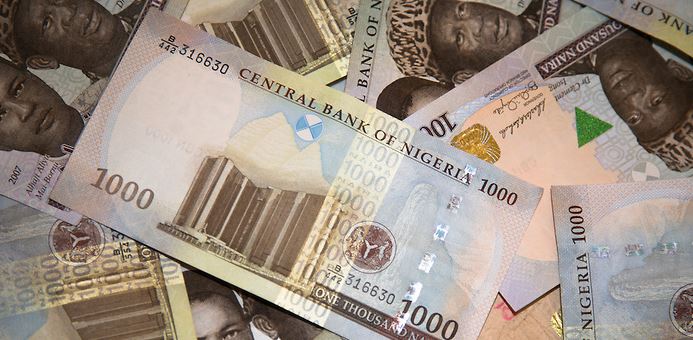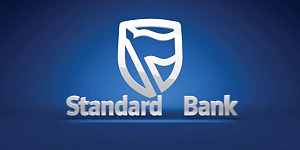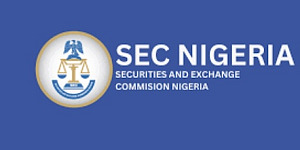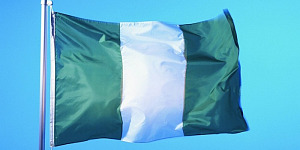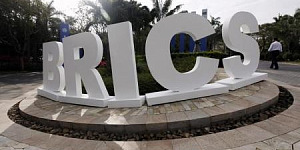Nigeria's central bank raised its Monetary Policy Rate (MPR) by 200 basis points to 14.0 percent due to its concern over a significant rise in inflation but also recognized that it lacks the instruments to jumpstart growth and cannot undermine its primary mandate and stability of the financial system.
The Central Bank of Nigeria (CBN) has now raised its rate by 300 basis points this year following a hike in March. The central bank's monetary policy committee voted by a majority of five to raise the rate while three members voted to maintain the rate.
"The Committee noted that inflation had risen significantly, eroding real purchasing power of fixed income earners and dragging growth," the central bank said, adding that members of the MPC agree that the country is passing though a difficult phase, dealing with critical supply gaps, but remains concerned over recession and the prospects of negative growth.
Nigeria's inflation rate accelerated to 16.5 percent in June from 15.6 percent in May, resulting in negative real interest rates, which discouraging savings, and doesn't support the recent flexible foreign exchange market as foreign investors remain lukewarm and unwilling to bring in new capital.
"Members further noted that there existed a substantial amount of international capital in negative yielding investments globally and Nigeria stood a chance of attracting such investments with sound macroeconomic policies," the CBN said.
An increase in the policy rate should give impetus for improving the liquidity of the foreign exchange market, the central bank said, helping boost manufacturing and industrial output.
Nigeria's naira was trading at 310.3 to the U.S. dollar, down 36 percent this year.




